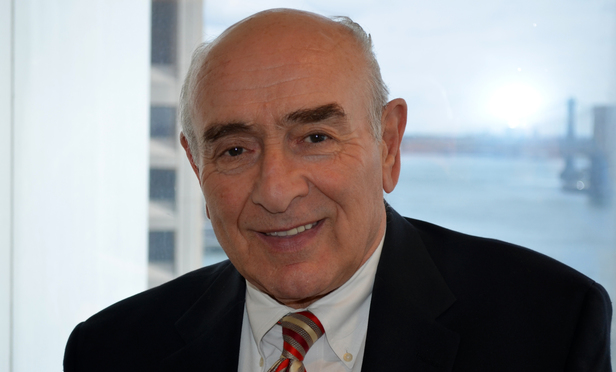Weeks ago, a U.S. Magistrate Judge in Indiana excluded the opinions of two experts because they did not meet the “reliability” criteria for expert testimony specified in Federal Rule of Evidence 702 and the famous Daubert decision. The rulings doomed the badly-injured plaintiff’s claim because summary judgment in favor of defendant quickly followed. The preclusive ruling on the experts is found at Lyons v. Leatt Corp. 2017 U.S. Dist. LEXIS 148783 (N.D. Ind. Sept. 14, 2017). The summary judgment opinion is found at 2017 U.S. Dist. LEXIS 149046 (N.D. Ind. Sept. 14, 2017).
The rulings are lengthy (respectively, 24 and 14 LEXIS pages) and detailed, but the reader should not bail out on reviewing them. There are valuable lessons to be learned. If you are a plaintiffs’ advocate, you will want to avoid the shortcomings in reliability that plagued the experts. If you are a defense litigator, you will want to learn about potential vulnerabilities in your own adverse experts’ reports and methodologies. You can also learn about the relative harmony that should exist between the expert’s report, proffered under Federal Rule of Civil Procedure 26(a)(2)(B), and that expert’s subsequent deposition testimony. And you will want to learn about the significance of an expert’s failure to account for “obvious alternative explanations” to the theory or opinion he or she espouses.



